Concerta XL Overview
Concerta XL is used to treat ‘attention deficit hyperactivity disorder’ (ADHD). it is used in children aged 6 years and over and in adults. it is used only after trying treatments which do not involve medicines, such as counselling and behavioural therapy.
How it works
- Concerta XL is a brand (trade) name of methylphenidate. Experts aren’t exactly sure how methylphenidate works in Attention Deficit Hyperactivity Disorder (ADHD) but think it affects the reuptake of the neurotransmitters dopamine and norepinephrine, increasing their concentration in the neural synapse (the space between two nerves). Methylphenidate is composed of 2 enantiomers (optical isomers): d-threo and l-threo. The d-threo enantiomer is more pharmacologically active than the l-threo enantiomer and is available commercially as dexmethylphenidate.
- Concerta belongs to the group of medicines known as central nervous system (CNS) stimulants.
Uses of Concerta XL
- Concerta XLmay be used to treat attention deficit hyperactivity disorder (ADHD) in people aged 6 to 65.
- May also be given to treat attention deficit disorder (ADD) and narcolepsy.
- Ritalin should be used in addition to other treatment modalities such as psychotherapy, education, and social integration advice.
- Delmosart is available as an extended-release tablet that is taken once a day.
- Equasym is available as a generic under the name methylphenidate.
Side Effects of Equasym
If you are between the ages of 18 and 60, take no other medication or have no other medical conditions, side effects you are more likely to experience include:
- A headache, abdominal pain, a loss of appetite, dry mouth, a fast heartbeat, nausea, nervousness, and insomnia are commonly reported side effects. Rash, pruritus, irritability, an increase in blood pressure or excessive sweating may also occur.
- May precipitate the emergence of psychotic thoughts such as hallucinations, delusions or mania in children and adolescents without a prior history of such thoughts. Discontinuation of treatment may be appropriate.
- Concerta can be addictive and cause dependence. The risk is greater with extended-release tablets and in people with a history of drug dependence and alcoholism. Tolerance can also develop to Concerta’s effect.
- May impair judgment or reaction skills; exercise caution before driving or operating machinery until the full effects of Concerta are known.
- May precipitate depression during withdrawal from Concerta XL, particularly in those who have been overusing it. May also aggravate pre-existing symptoms of anxiety, agitation, tension, behavioral or thought disturbances and is best avoided in people displaying marked levels of these symptoms.
- May not be suitable for people with certain heart conditions, hyperthyroidism, and other psychiatric disorders including bipolar disorder. An increased risk of seizures, peripheral circulation problems, and visual disturbances have been associated with methylphenidate use. Should not be used in people with glaucoma, a history of tics or Tourette’s syndrome, severe hypertension or cardiac disease.
- Alcohol may contribute to the side effects and interfere with the release of Concerta tablets. Avoid.


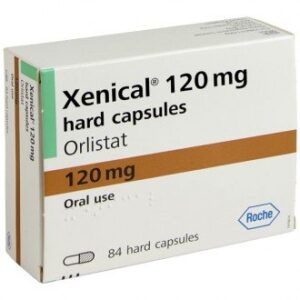

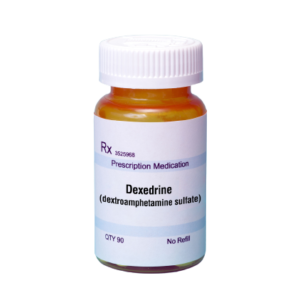
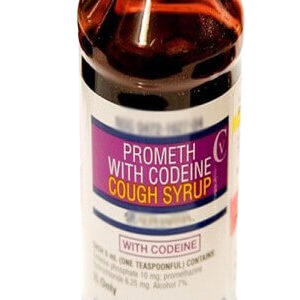
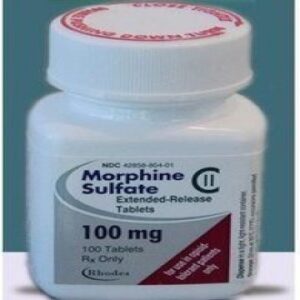
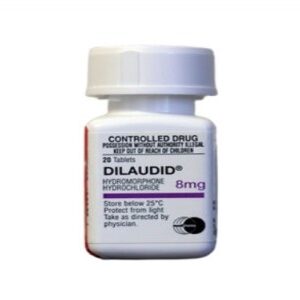
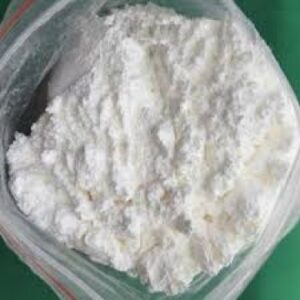
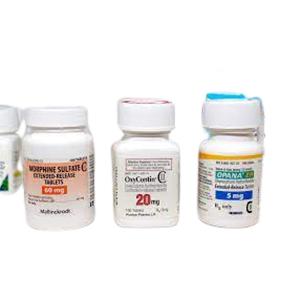
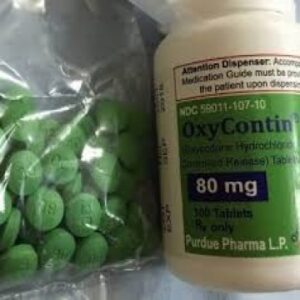
Reviews
There are no reviews yet.